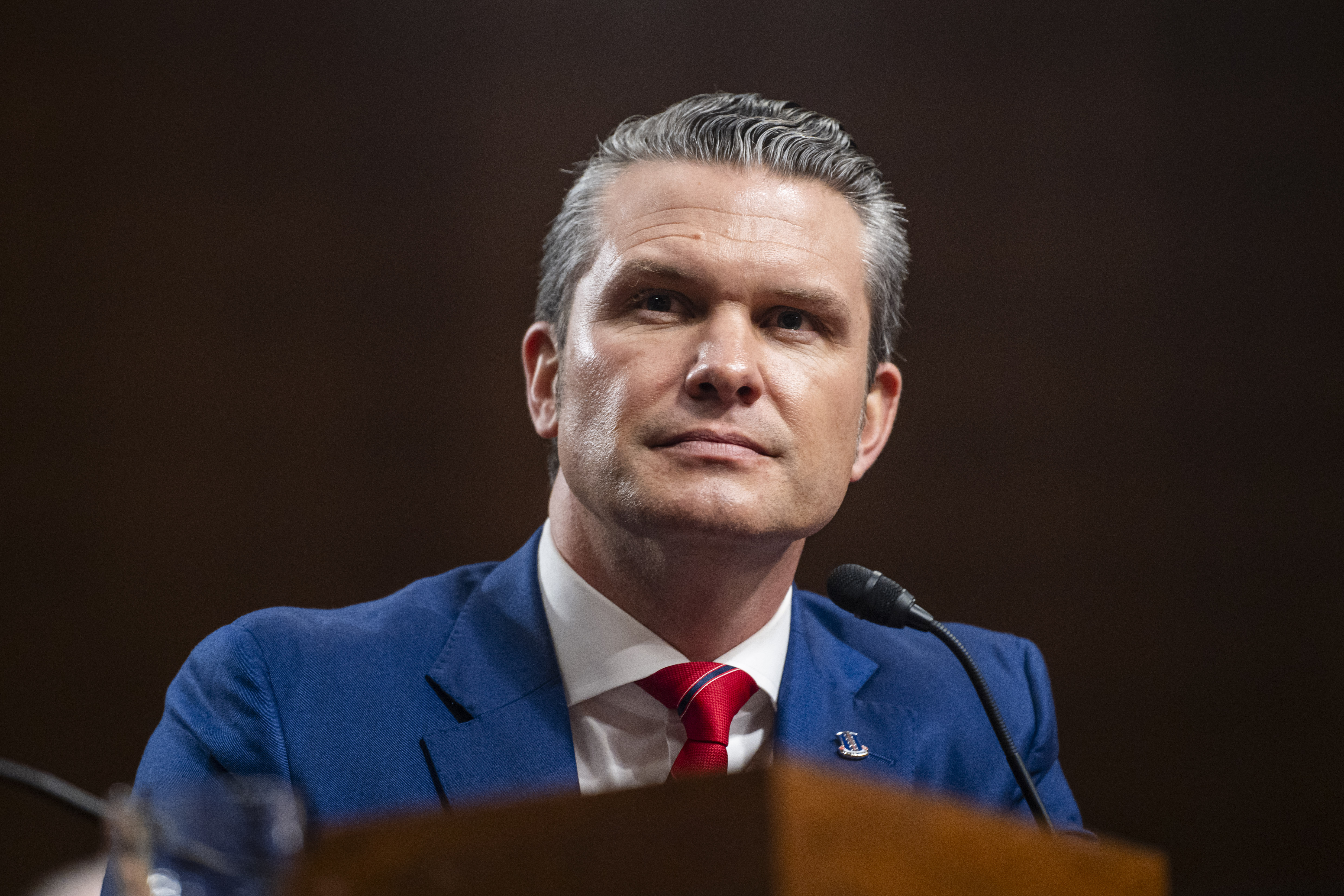
Updated
Hegseth Pressed on Qualifications, Women in Military at Nomination Hearing
Save

President-elect Donald Trump's nominee for Defense Secretary, Pete Hegseth, testifies before the Senate Armed Services Committee in Washington on Jan. 14, 2025. Madalina Vasiliu/The Epoch Times
Here is the latest
•
Democrats Challenge Hegseth’s Qualifications, Mullin Pushes Back
•
Hegseth Pledges Back Pay for Members Kicked Out for Declining COVID Vaccine
•
Hegseth Expounds on Being Labeled an Extremist
•
Hegseth Says He’ll Reinstate Members Terminated Over Vaccine Mandate
•
Hegseth Responds to Sexual Misconduct Allegation